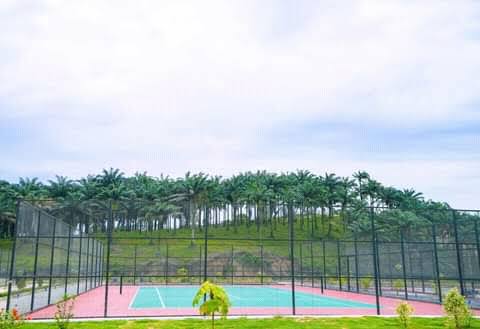All students of the Kwame Nkrumah University of Science and Technology (KNUST) in Ghana will be required to take a compulsory course in Artificial Intelligence (AI) beginning in the 2025/2026 academic year. The new policy, approved by the university’s Academic Board and Governing Council, is part of Ghana’s broader push to integrate AI education across sectors under its emerging national AI strategy.
Announcing the initiative at the opening of the 11th KNUST Summer School in Kumasi on Tuesday, the Vice-Chancellor, Professor Rita Akosua Dickson, said the course would be offered as a one-credit “micro-credential” and delivered through the university’s e-learning platform. She said the decision aligns with both KNUST’s institutional AI roadmap and the government’s ongoing efforts to position Ghana as a regional hub for AI innovation and responsible technology use.
“Effective next academic year, every student is going to take a micro-credential course in AI, which will be run on the university’s e-learning platform,” she said. “Students and staff who undertake the course will be certified to make them globally competitive.”
The compulsory course is open to all undergraduates across disciplines, from engineering to the humanities. Students may choose to complete it in their first or second year, or at any point before graduation. Academic and administrative staff will also be allowed to enroll to strengthen the university’s institutional capacity in AI.
Join our WhatsApp ChannelGhana is currently developing its first national artificial intelligence strategy, spearheaded by the Ministry of Communications and Digitalisation with input from universities, tech firms and research institutions. KNUST has played a central role in the process, hosting stakeholder consultations and establishing the Responsible Artificial Intelligence Lab (RAIL) to support research and training in AI applications relevant to African contexts such as agriculture, health, and education.
The strategy aims to ensure that Ghana builds the technical and ethical foundation to participate meaningfully in the global AI economy while addressing local challenges. By mandating AI education for all students, KNUST is one of the first universities in Africa to make AI literacy a graduation requirement.
Professor Dickson said the decision reflects the university’s recognition that higher education must adapt to a rapidly changing technological landscape. “We cannot remain static as our pedagogical architecture must change to be in tune with new things that are coming up,” she said. “We must learn to use AI tools and related technologies, but we must not forget the ethics associated with their use. We must use them responsibly towards the growth and development of our country.”










